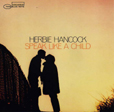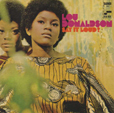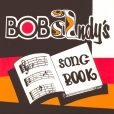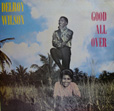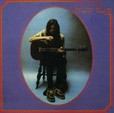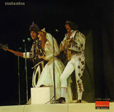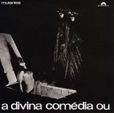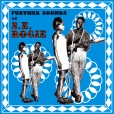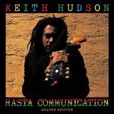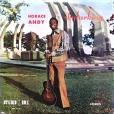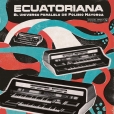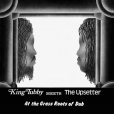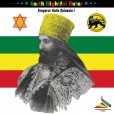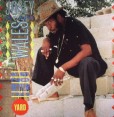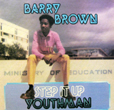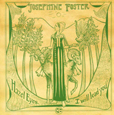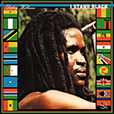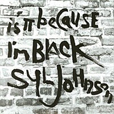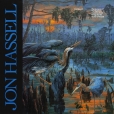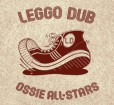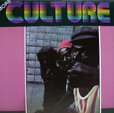Your basket is empty

After two years’ preoccupation with the Miles Davis Quartet, here is Herbie in 1968, ready for the seventies, the old, uptight bebop instincts melting into the balmy, open, innocent textures of fluegelhorn, bass trombone and alto flute, and his own lightly beautiful playing.
‘Classic Vinyl series.’
‘Classic Vinyl.’
Masterpiece. Top-drawer songwriting — thoughtful, soulful lyrics and ace tunes — and definitive performances. In the top three Studio One LPs; one of the greatest reggae LPs of all time.
The bees knees in soulful rocksteady. The elegant, poised singer rides killer Studio One rhythms by Jackie Mittoo and co, featuring magisterial soloing and beautiful backing vocals. Unmissable classics like How Can I Love Someone and Don’t Know. It’s a must.
Their third LP; generally considered their best. From 1970, with the military crackdown in full swing, and Caetano Veloso and Gilberto Gil already in exile.
Hard-to-find sides, including a handful of Upsetters and Tubbys, and a late sixties offering — as Winston Cool — engineered by Andy Capp.
Including a secret-weapon version of Baltimore.
Unmissable Chicago soul.
Mixed by Ossie Hibbert, originally on Cash And Carry — mostly the dubs of Gregory’s Mr Isaacs album, with the Revolutionaries.
